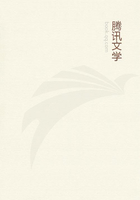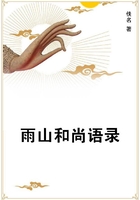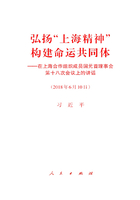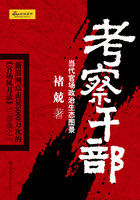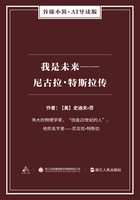That in the order of ends, man (and with him every rational being)is an end in himself, that is, that he can never be used merely as a means by any (not even by God) without being at the same time an end also himself, that therefore humanity in our person must be holy to ourselves, this follows now of itself because he is the subject of the moral law, in other words, of that which is holy in itself, and on account of which and in agreement with which alone can anything be termed holy.For this moral law is founded on the autonomy of his will, as a free will which by its universal laws must necessarily be able to agree with that to which it is to submit itself.
VI.Of the Postulates of Pure Practical Reason Generally.
They all proceed from the principle of morality, which is not a postulate but a law, by which reason determines the will directly, which will, because it is so determined as a pure will, requires these necessary conditions of obedience to its precept.These postulates are not theoretical dogmas but, suppositions practically necessary;while then they do [not] extend our speculative knowledge, they give objective reality to the ideas of speculative reason in general (by means of their reference to what is practical), and give it a right to concepts, the possibility even of which it could not otherwise venture to affirm.
These postulates are those of immortality, freedom positively considered (as the causality of a being so far as he belongs to the intelligible world), and the existence of God.The first results from the practically necessary condition of a duration adequate to the complete fulfilment of the moral law; the second from the necessary supposition of independence of the sensible world, and of the faculty of determining one's will according to the law of an intelligible world, that is, of freedom; the third from the necessary condition of the existence of the summum bonum in such an intelligible world, by the supposition of the supreme independent good, that is, the existence of God.
Thus the fact that respect for the moral law necessarily makes the summum bonum an object of our endeavours, and the supposition thence resulting of its objective reality, lead through the postulates of practical reason to conceptions which speculative reason might indeed present as problems, but could never solve.Thus it leads: 1.
To that one in the solution of which the latter could do nothing but commit paralogisms (namely, that of immortality), because it could not lay hold of the character of permanence, by which to complete the psychological conception of an ultimate subject necessarily ascribed to the soul in self-consciousness, so as to make it the real conception of a substance, a character which practical reason furnishes by the postulate of a duration required for accordance with the moral law in the summum bonum, which is the whole end of practical reason.2.It leads to that of which speculative reason contained nothing but antinomy, the solution of which it could only found on a notion Problematically conceivable indeed, but whose objective reality it could not prove or determine, namely, the cosmological idea of an intelligible world and the consciousness of our existence in it, by means of the postulate of freedom (the reality of which it lays down by virtue of the moral law), and with it likewise the law of an intelligible world, to which speculative reason could only point, but could not define its conception.3.What speculative reason was able to think, but was obliged to leave undetermined as a mere transcendental ideal, viz., the theological conception of the first Being, to this it gives significance (in a practical view, that is, as a condition of the possibility of the object of a will determined by that law), namely, as the supreme principle of the summum bonum in an intelligible world, by means of moral legislation in it invested with sovereign power.
Is our knowledge, however, actually extended in this way by pure practical reason, and is that immanent in practical reason which for the speculative was only transcendent? Certainly, but only in a practical point of view.For we do not thereby take knowledge of the nature of our souls, nor of the intelligible world, nor of the Supreme Being, with respect to what they are in themselves, but we have merely combined the conceptions of them in the practical concept of the summum bonum as the object of our will, and this altogether a priori, but only by means of the moral law, and merely in reference to it, in respect of the object which it commands.But how freedom is possible, and how we are to conceive this kind of causality theoretically and positively, is not thereby discovered; but only that there is such a causality is postulated by the moral law and in its behoof.It is the same with the remaining ideas, the possibility of which no human intelligence will ever fathom, but the truth of which, on the other hand, no sophistry will ever wrest from the conviction even of the commonest man.
VII.How is it possible to conceive an Extension of Pure Reason in a Practical point of view, without its Knowledge as Speculative being enlarged at the same time?

